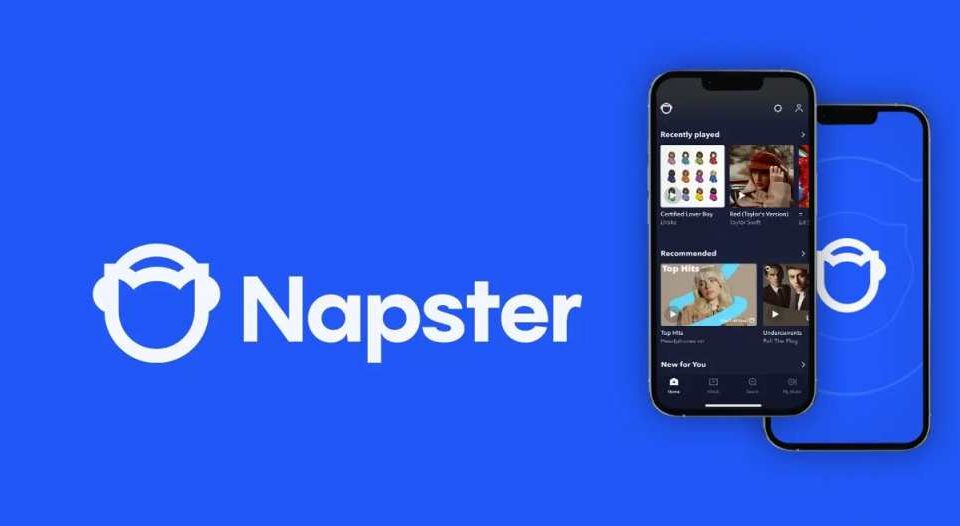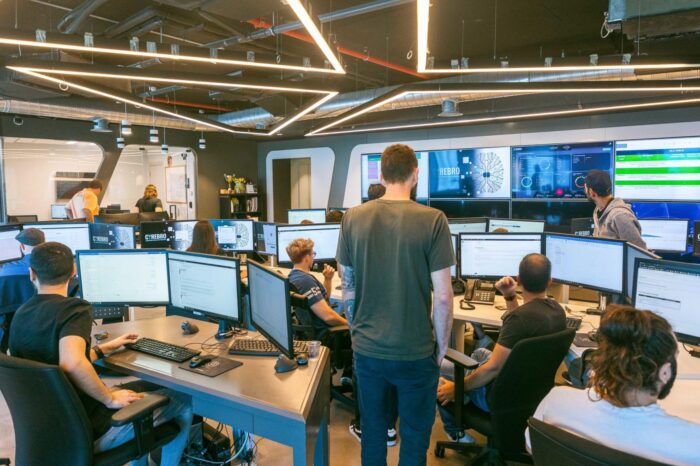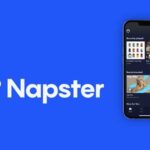Napster is back: 25 years after its launch, the iconic music-sharing platform is acquired for $207M to disrupt the metaverse

Napster, once known for shaking up the music industry with its controversial peer-to-peer sharing model, is making a comeback. On Tuesday, 3D tech company Infinite Reality announced it acquired the iconic brand for $207 million. The new vision for Napster goes beyond streaming — it’s being reimagined with social features, virtual events, and digital merch aimed at music fans and creators alike.
Napster Acquired for $207 Million
The acquisition marks another chapter in Napster’s long and unpredictable story. Launched in 1999 by Shawn Fanning and Sean Parker, Napster was the first widely used peer-to-peer file-sharing platform, letting users trade MP3s long before legal streaming existed. While it didn’t last long — facing legal pressure from the music industry and a lawsuit from Metallica — Napster sparked a shift in how people access music.
After shutting down in 2001 and filing for bankruptcy a year later, Napster’s assets bounced between several owners. In recent years, it reemerged as a paid music streaming service, offering licensed tracks for a monthly fee. Though it never regained the spotlight, it maintained a loyal user base and valuable streaming rights.
Napster Gets New Life as a Metaverse Music Hub
Infinite Reality sees Napster’s legacy as an opportunity. CEO John Acunto told CNBC the company wants to take Napster beyond streaming by turning it into a more social, interactive platform built for virtual spaces, and marketing in the metaverse. The idea is to create online environments where fans can attend concerts, host listening parties, and buy both physical and digital merchandise — all tied into artists and their communities.
“When we think about clients who have audiences — influencers, creators — I think it’s very important that they have a connected space that’s around music and musical communities,” Acunto told CNBC. “We just don’t see anybody in the streaming space creating spaces for music.”
Napster joins a growing list of once-iconic brands being revived, following the recent comebacks of Kodak, Nokia, and McIntosh.
Since 2016, Napster has operated as a small streaming service in a space dominated by Spotify and Apple Music. In 2022, it was acquired by blockchain firm Algorand, which later brought in current CEO Jon Vlassopulos. Under Vlassopulos, the company pushed into Web3 and digital ownership features. That direction caught the attention of Infinite Reality.
Acunto said Napster’s existing licensing agreements with record labels made it an attractive acquisition. Those deals give the company a legal foundation to expand its offerings — something earlier versions of Napster never had. Combining that with Infinite Reality’s Web3 infrastructure opens the door to new use cases for both artists and fans.
According to Vlassopulos, artists will be able to build custom virtual environments — anything from a beach party for a reggae artist to more stylized digital hangouts — and connect with their fans in real time.
Acunto described it as “Clubhouse times a trillion,” pointing to the kind of shared virtual experiences that took off during the pandemic but faded as people returned to real-world events.
Founded in 2019, Infinite Reality has been on an acquisition streak, recently snapping up the Drone Racing League, virtual retail startup Obsess, and Landvault, a company focused on digital real estate. In January, the company said it raised $3 billion at a $12.25 billion valuation, although it didn’t name its investors. Acunto said they preferred to remain anonymous.
With this deal, Napster isn’t just returning — it’s being rebuilt with a different mission. And this time, it’s doing it legally.




